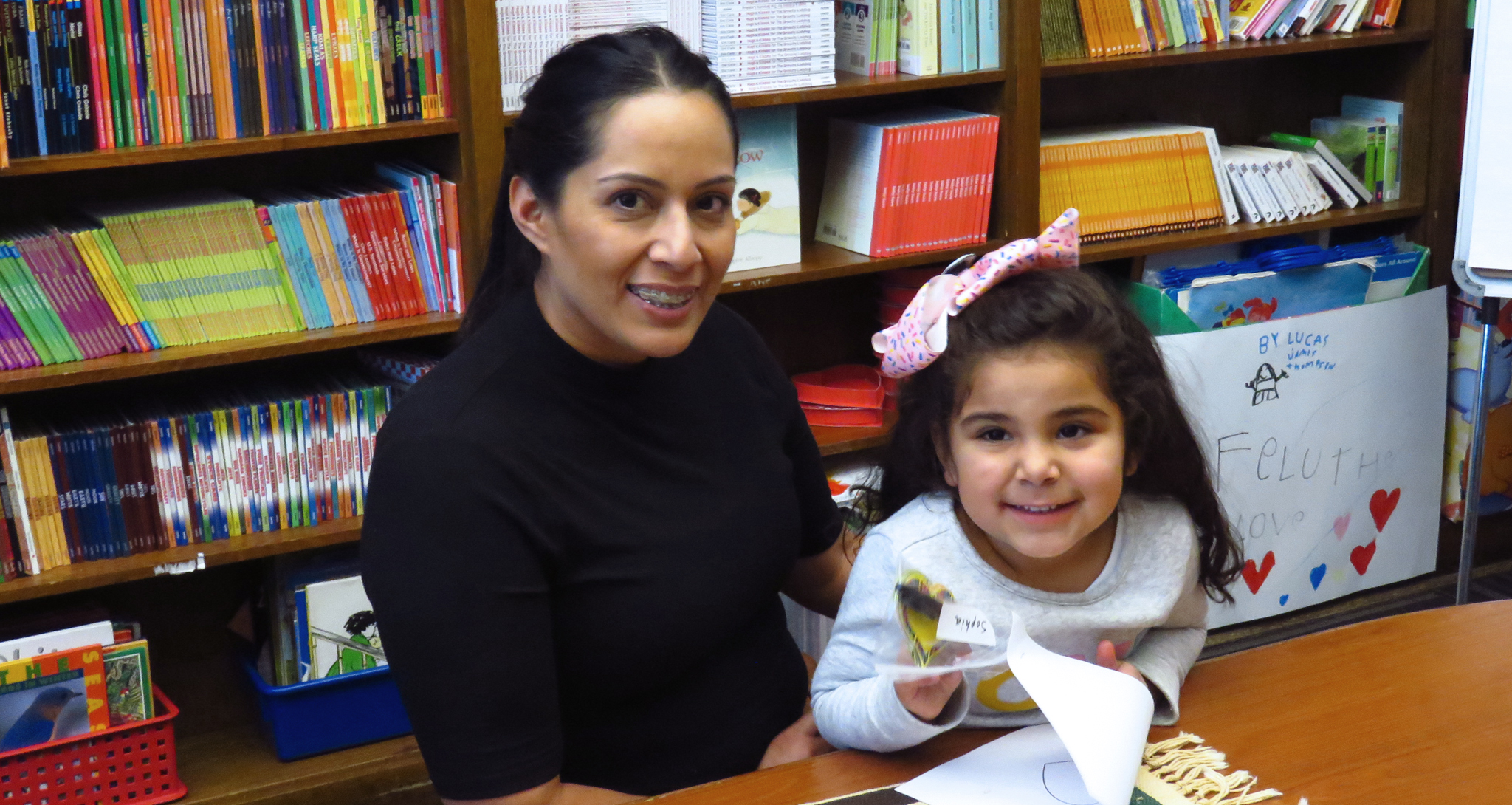

Children’s brains develop rapidly during the first few years of life. During this critical phase, 100 billion neurons form connections at a rate of 700 synapses per second! This development affects school readiness, and can even influence long-term employment, income, and health.
Despite that, millions of American children are not getting the quality childcare they need to support optimal brain development and to counteract developmental delays. This is especially true for poor children, but middle class families are increasingly being impacted as the cost of quality childcare soars.
Hennepin County’s Strong Beginnings partnership is trying to help. Through the initiative, childcare centers implement a variety of program components that have been evaluated and shown to improve early childhood development, kindergarten readiness, and family engagement. Each year, more than 1,200 Twin Cities kids attend a Strong Beginnings childcare center.
In this article we highlight Baby Space, a Strong Beginnings center in south Minneapolis.
Millions of American children are not getting the quality childcare they need to support optimal brain development and to counteract developmental delays. Hennepin County’s Strong Beginnings partnership is trying to help.
A few years ago, Elsy Felipe was looking for childcare for her son Brian. But she kept hitting roadblocks – daycares with bad reviews, daycares that were out of her price range as a single parent. She grew increasingly worried. “I needed to get back to work!” Elsy says.
Then Elsy’s sister-in-law told her about Baby Space, a childcare center in south Minneapolis. Initially, Elsy was skeptical – it felt like a long drive from her home in the suburbs – but she went to check it out, anyway.
Nine years later, Elsy still remembers the first thing she saw inside Baby Space: a childcare provider named Yolanda giving a young child a hug.
“Seeing that interaction, nothing else mattered,” Elsy says.
She enrolled Brian in Baby Space that same day.
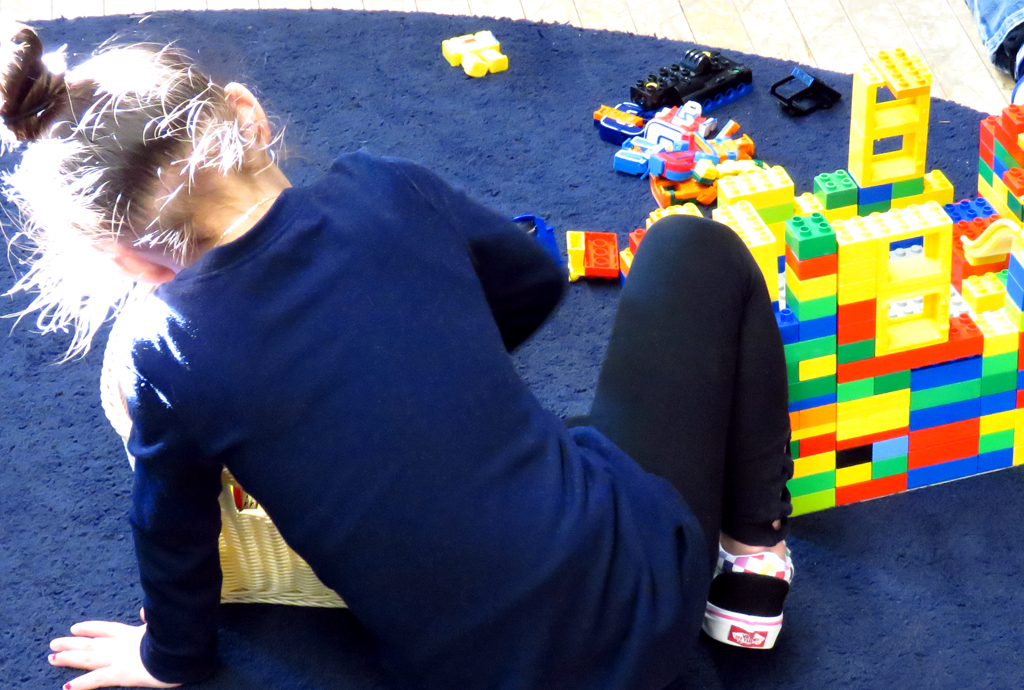
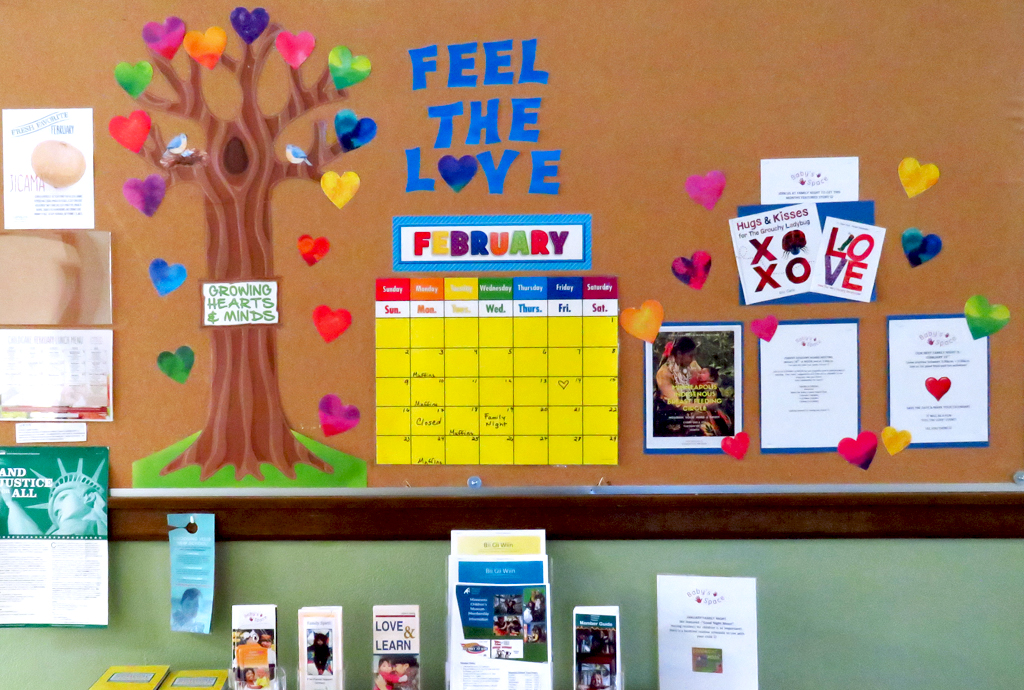
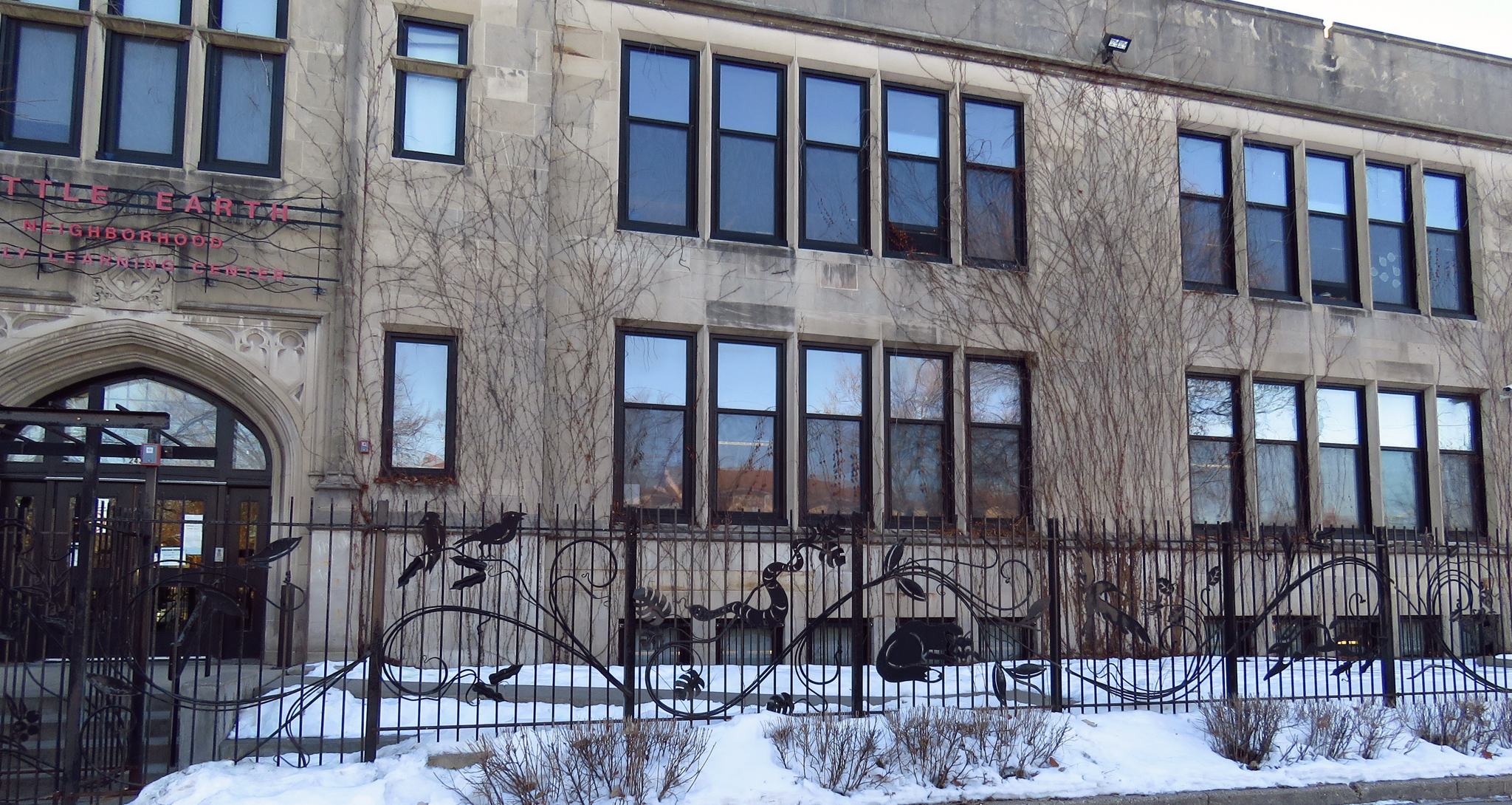
Number of
children
enrolled in
Baby Space
Since 2000, Baby Space has been delivering childcare to families like Elsy’s out of a big brick building in Minneapolis’ Phillips neighborhood.
Like other Strong Beginnings centers, the children enrolled in Baby Space are largely low-income, special needs, and/or in foster care. They’re also more likely to have had adverse childhood experiences like parental mental illness, substance abuse, incarceration, or domestic violence.
These circumstances make it challenging for families to access the quality childcare that’s needed to support optimal brain development and counteract developmental delays. But Debbie Lund, Baby Space’s executive director, pictured below, approaches these challenges with optimism. “The families in Baby Space share a commonality,” she says. “Their strength.”
“We have really great parents who just land in situations that make parenting hard sometimes,” Lund says. “How do we support that strength? How do we fortify that strength that’s already inside them? At Baby Space, we do that by coming in as that catalyst of, ‘I’m going to help you in any way we can.’”
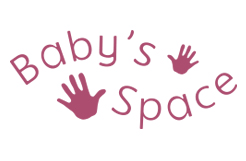
Learn more about Baby Space at babyspace.org
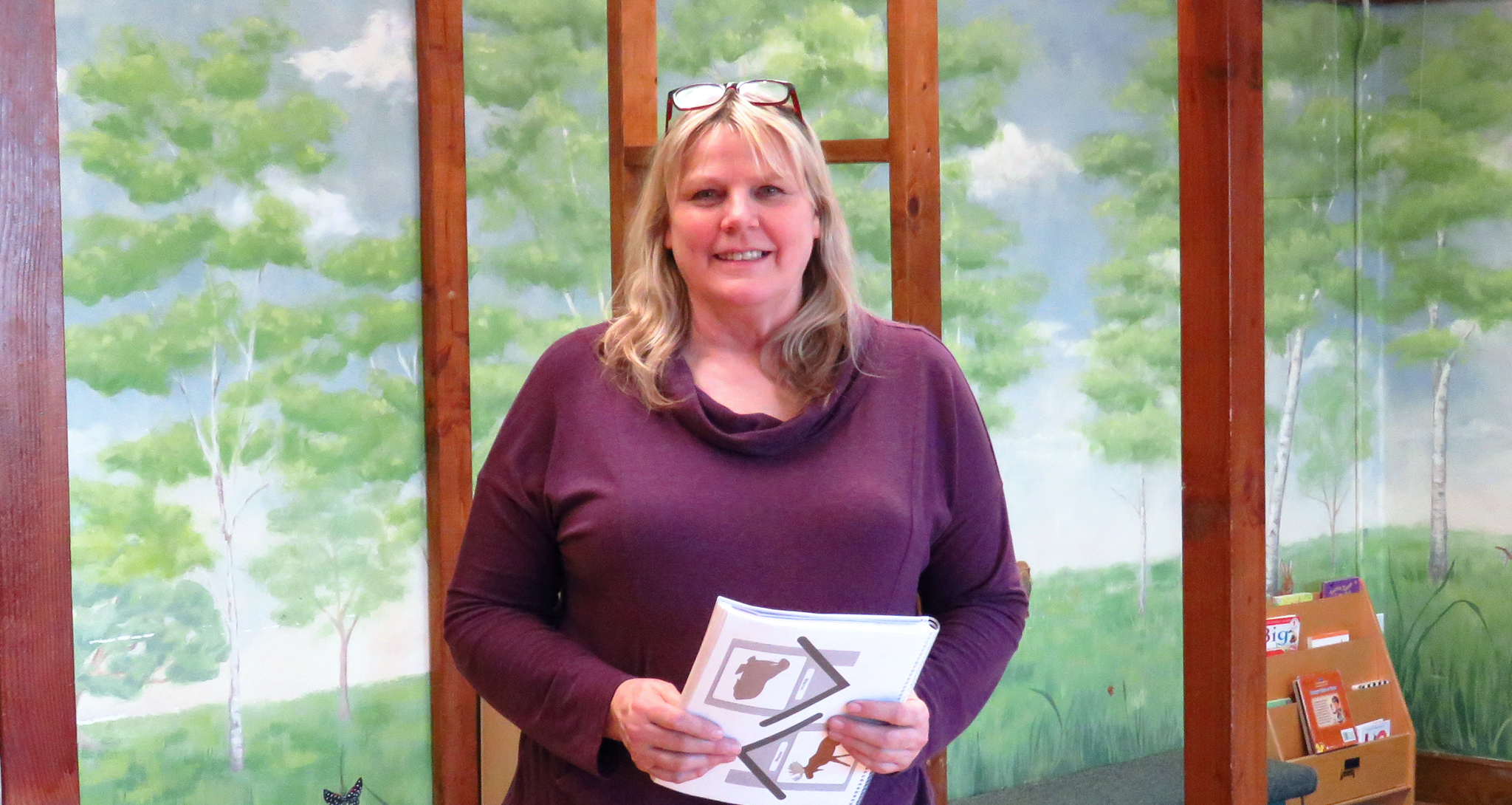
Percent of
children
enrolled in
Baby Space
who come from
low income
or special needs
backgrounds
Helping in any way we can takes many forms at Strong Beginnings centers, including evidence-informed supports and services that are not required at other daycares.
For instance, the staff to child ratio at Baby Space is higher than that required by state licensing. And, Baby Space and other Strong Beginnings centers train and coach their staff on trauma, social-emotional skills, challenging behaviors, and culturally responsive care.
Additionally, Baby Space and other Strong Beginnings centers employ child development specialists who regularly assess each child’s physical, social, and emotional well-being. These specialists then help teachers shape the center’s curriculum and develop individualized goals for each student. They also coordinate supports and services with parents and the local school district, helping each child successfully transition to kindergarten.
While many Strong Beginnings services and supports are large and layered, Lund says others are as seemingly inconsequential as offering parents some coffee and a muffin before they head to work.
“It may seem like a small thing, but there is no small thing,” Lund says. “It all matters.”
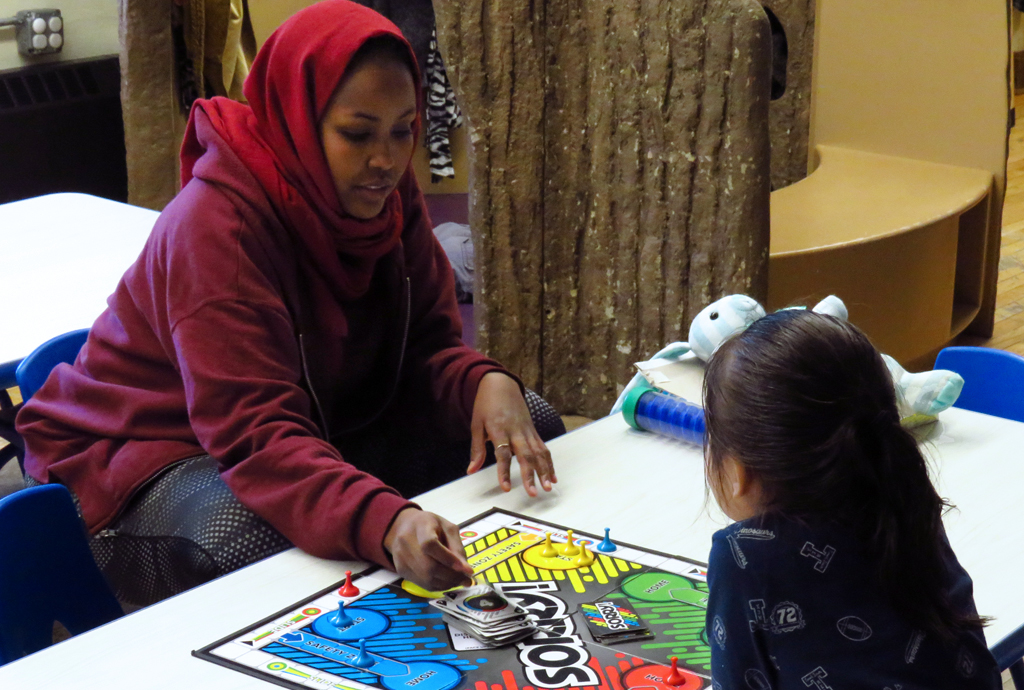
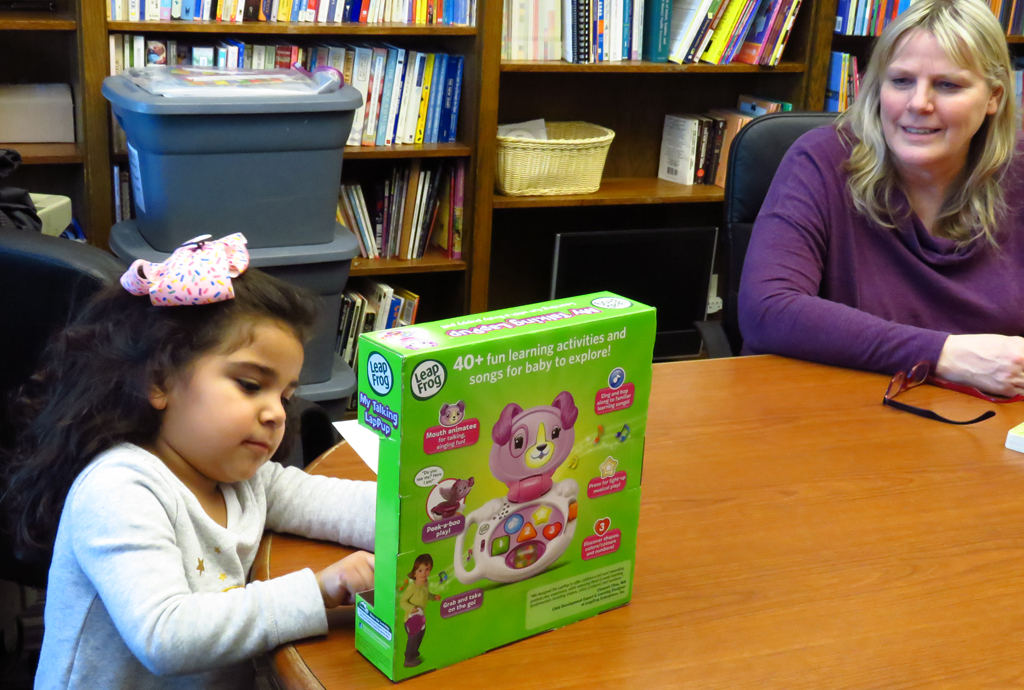
Percent of
children
enrolled in
Baby Space
who gain or
achieve proficiency
in the five
developmental
domains:
communication,
gross motor,
fine motor,
problem-solving, and
personal-social
On a typical day at Baby Space, parents drop their children off at the center. Children are greeted, wash their hands, and eat breakfast. Then they engage in planned activities throughout the day – stories, music, art, messy play, some field trips. “There’s an expectation to engage,” Lund says.
For Lund, all of these daily engagements like the music and the messy play are deeply important. And deeply personal. “I’m a child of the foster care system,” she reveals. “I lost my mom when I was nine.”
For years, Lund bounced between different families. (Once, in her thirties, she sent out 25 Mother’s Day cards.) “At some point I recognized, ‘This is who I am, this is my cloth,’” Lund says. “Now what do I do with that?”
Lund says one of the most important ways she honors her lived experiences, and the lived experiences of Baby Space families, is by listening. “I really, truly believe it’s about being present and not coming in with a preconceived way of doing things,” she says. “If you deeply listen, people’s needs are clear.”
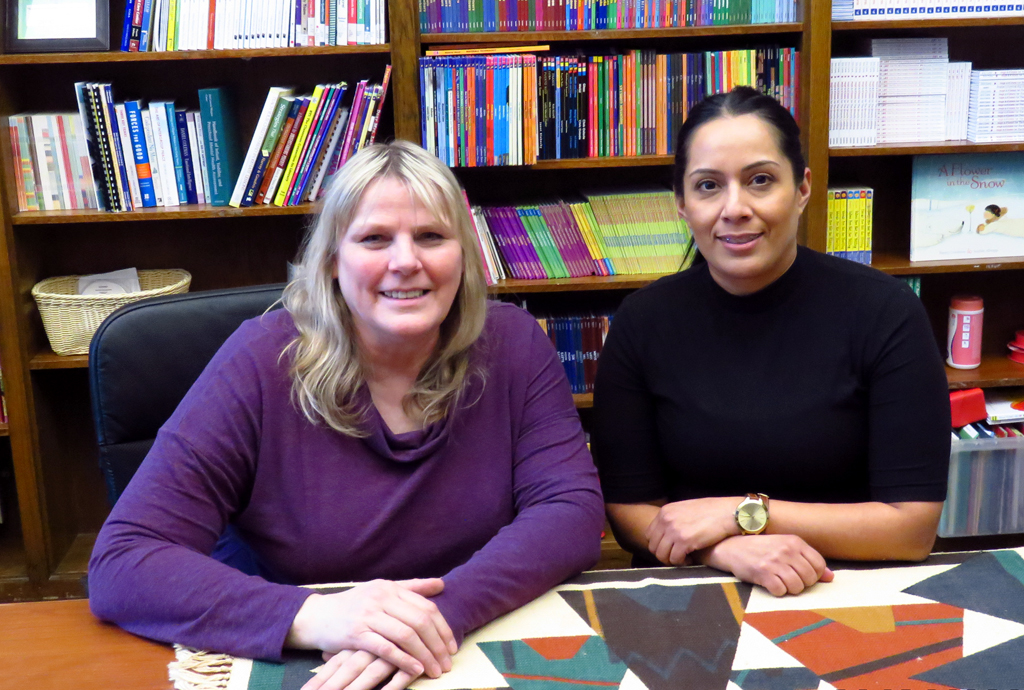
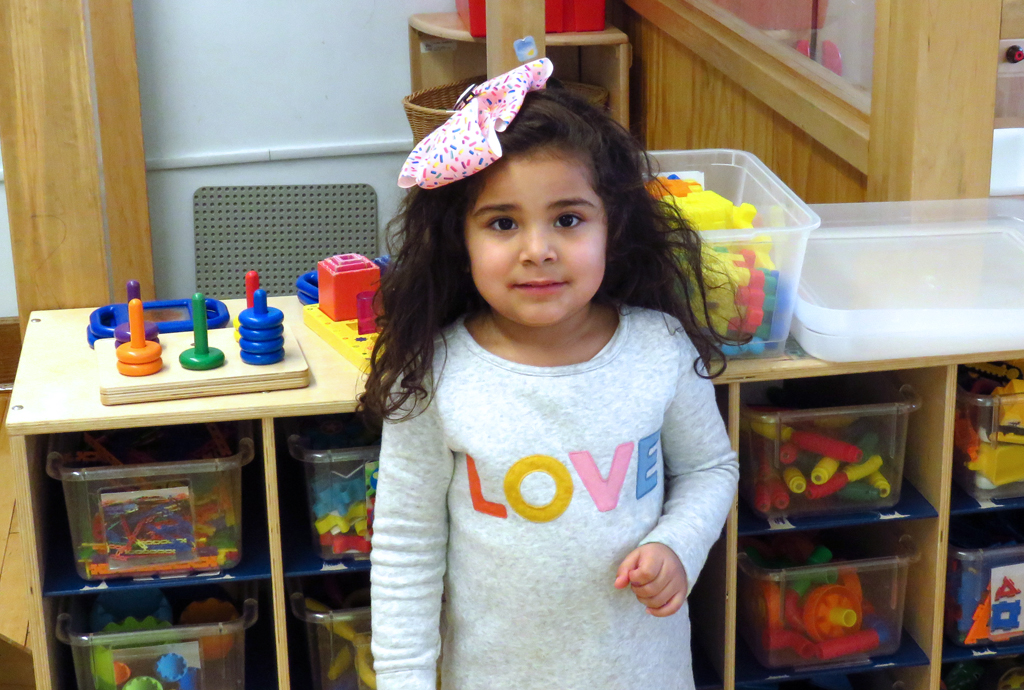
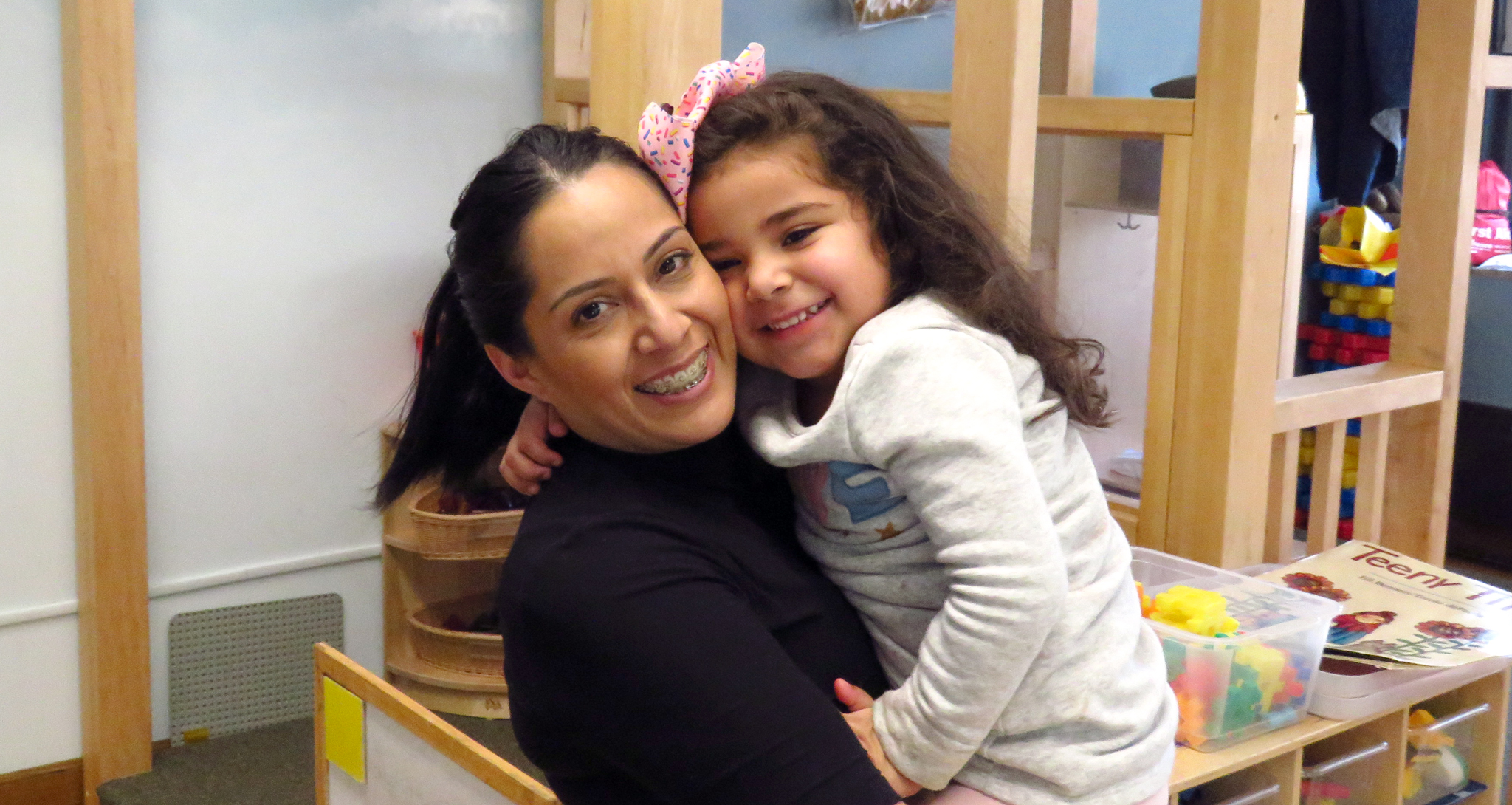
Nine years have passed since Elsy Felipe discovered Baby Space. In the interim, her life has been a scramble. She feels like she’s constantly at work, trying to keep her family afloat.
“Over the years, there have been at least three occasions when I really struggled,” Elsy says. “But I was never turned away from that front door because I couldn’t make my payment. Debbie didn’t even ask why. That would have never happened at another daycare.”
Brian has since transitioned from Baby Space to school. Another son, Jack, has too. Now Elsy’s youngest child, Sophia, age three, is enrolled at the center.
“I like the familiarity that the teachers and the staff have with the parents and the students,” Elsy says. “I don’t think it’s something I’ll see anywhere else. This is home to us.”
“I was a single mom for a long time,” she continues. “Raising the kids as a single mom and working a full-time job – at times two full-time jobs – it was difficult for me to teach my children emotional strength and emotional values. A lot of these things were hard for me to teach them because I was always trying to pay rent.” She begins to cry. “But I knew whatever I lacked, they were gaining here at Baby Space.”
Elsy recounts a recent encounter with her strong-willed toddler at the end of a stressful day. “We were going back and forth, ‘you get out of the room,’ ‘no, you get out of room,’” Elsy says. “Then, Sophia left me speechless. She stopped and looked me in the eye and said, ‘Mom why don’t we both take deep breathes.’ I know she learned that here at Baby Space.”
This year, Elsy will join the Baby Space board of directors. “My motivation for joining is to give back,” Elsy says, “to say thank you for everything Baby Space has done for me and my children.”
Written by: Lori Imsdahl
Photographs by: Anna Welsch